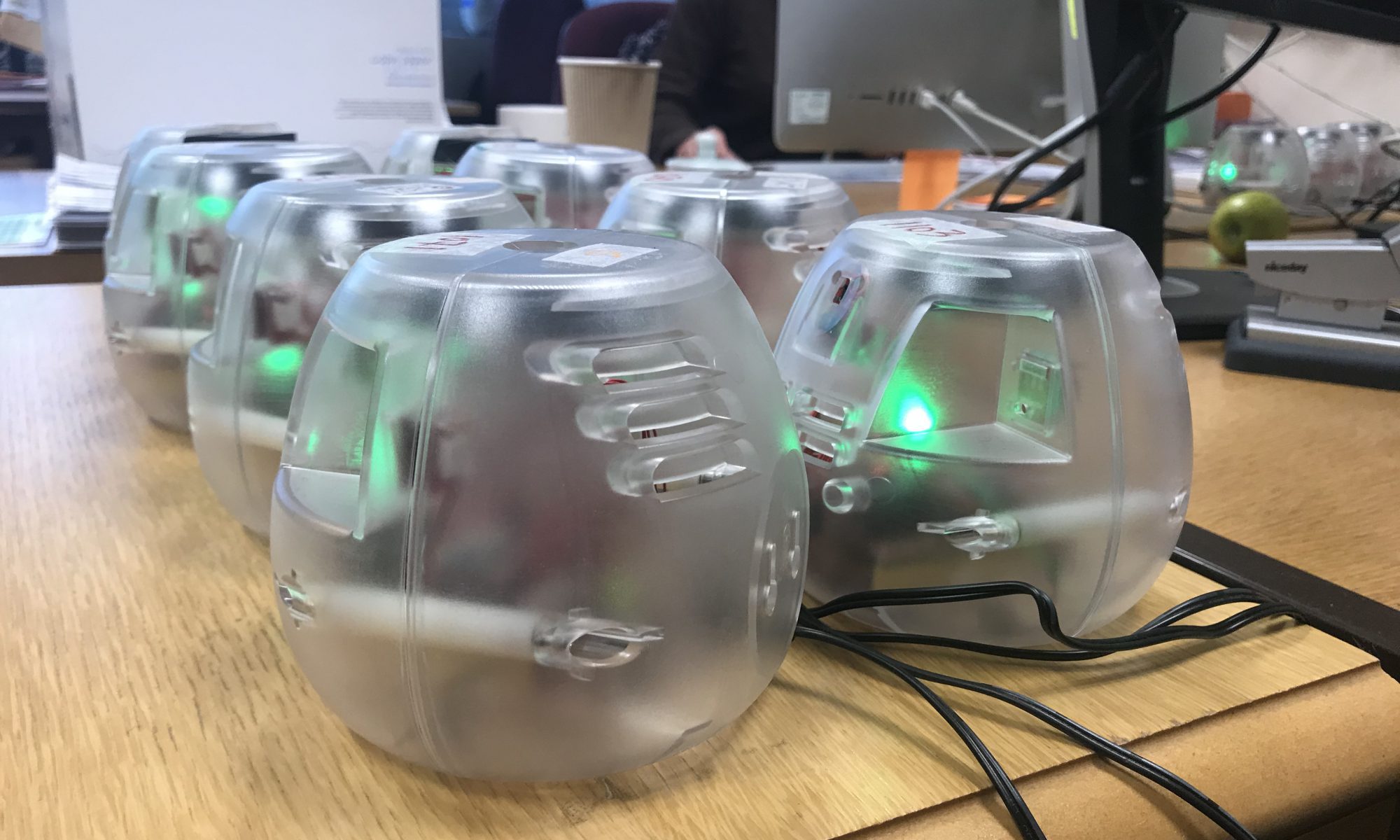HomeSense is a methodological research project focused on the use of digital sensors in social research. One of the key issues is finding meaningful information in sensor-generated data, which was the focus of a paper presented by Jie Jiang at the International Conference on Future Networks and Distributed Systems (ICFNDS’17) in Cambridge in July this year.
The paper now published in the conference proceedings, covers data analysis from the early stages of the HomeSense field trial. It reports on applying machine learning methods to interpret sensor-generated data, and discusses a method for identifying features of various types of activity and evaluating the agreement between sensor-generated data and self-reported data from time-use diaries.
Since one of the implications of using sensors for social research is that, in due course, activities could be recognised automatically, this study also proposes a method for modelling a range of activities recorded by sensors.
The same approach has been continued by the team in an extended version of the study with data from more households, but the publication of the conference paper in the Proceedings of ICFNDS’17 provided an opportunity for some of its authors – Jie Jiang, Riccardo Pozza, Kristrún Gunnarsdóttir – to sit down and discuss the implications of this work, and where it sits within the project as a whole.
The extended study, “Using Sensors to Study Home Activities“, is now published in the Journal of Sensors and Actuator Networks 6(4): 32.

Continue reading “Recognising activities at home with digital sensors and time-use diaries”
